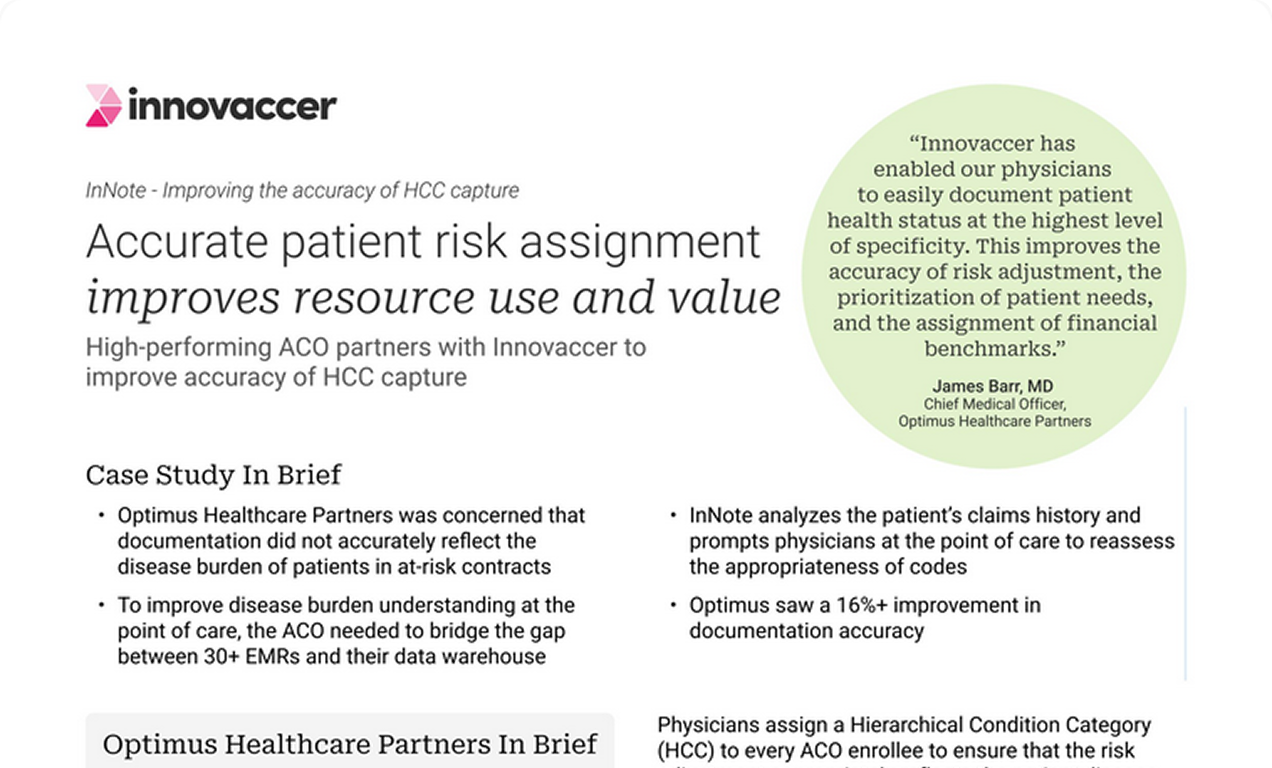3 Ways to Provide Better Care in Managed Medicaid Contracts

Medicaid is a $303.6 billion sized market with the potential to be one of the fastest-growing healthcare divisions. As the Medicaid market evolves, states need to respond with effective care management. They can bring down Medicaid program costs and efficiently manage the health services by contracting with various types of managed care organizations (MCOs).
Medicaid managed care provides for the delivery of Medicaid health benefits under contracts between the state and managed care organizations (MCOs). As of July 2018, 69% of all Medicaid beneficiaries received their care through comprehensive risk-based MCOs. During the COVID-19 pandemic, the data collected for 30 states showed that Medicaid managed care enrollment increased to 11.3% from March 2020 through September 2020.
Possibilities of Managed Medicaid Contracts
Medicaid managed care can fetch new resources and possibilities if the contracted MCOs have experience in other states. These contracts can provide services like disease management and drive innovations in care coordination that can significantly benefit patients. Moreover, if these contracts are carefully designed, they can make the Medicaid managed care system more accessible and resilient.
Ways to provide better care in Managed Medicaid contracts
- SDoH in improving care for individuals with special or supportive care needs
Individuals suffering from severe behavioral health conditions often require extended care services. These needs may stem from complicated mental health and substance abuse conditions, or those in need of long-term services and support with intellectual or developmental disabilities, or require help due to aging and chronic medical conditions. According to research findings from the McKinsey report, these services add up to more than 35% of annual national healthcare expenditures.
Social determinants of health(SDoH), or the factors that impact individuals' health, can be actively addressed through managed care contracts and can help address long-term behavioral health. n. As a matter of fact, 40 states have incorporated SDoH-related activities like violence support services, wellness services, housing, conveyance, etc., through managed care contracts.
- Use of advanced analytics
State Medicaid agencies need to be data-driven, efficient enough to handle massive volumes of healthcare data and effective enough to provide improved outcomes. To meet these challenges, Medicaid organizations can deploy advanced analytic strategies that leverage best-in-class tools with cutting-edge visualization technologies to improve the performance of risk-based MCOs. Advanced analytics utilize data to induce real-time care interventions that drive patients' positive outcomes and their Medicaid organizations.
- Improved data transparency
Improved data transparency can give crisp insights into cost and quality. It can help in achieving strategic goals like enhancing performance management and enabling continuous learning. With enhanced data transparency, Medicaid providers will benefit by improving both quality and cost of care. This will strengthen the organization’s performance, thus increase accountability for Medicaid agencies.
Conclusion
The evolution of care delivery through managed Medicaid contracts can significantly improve the quality of care and outcomes achieved while regulating costs. However, Medicaid providers must constantly develop new capabilities and drive innovation to find best practices that will help them accelerate the performance of their MCOs. Innovaccer’s Medicaid Management solution helps maximize contract performance by improving quality and SDoH outcomes, decreasing unnecessary utilization, controlling costs, and increasing member engagement.
To know more about our Medicaid Management Solution, get a quick demo here.


.png)






.avif)









.svg)
.svg)

.svg)

